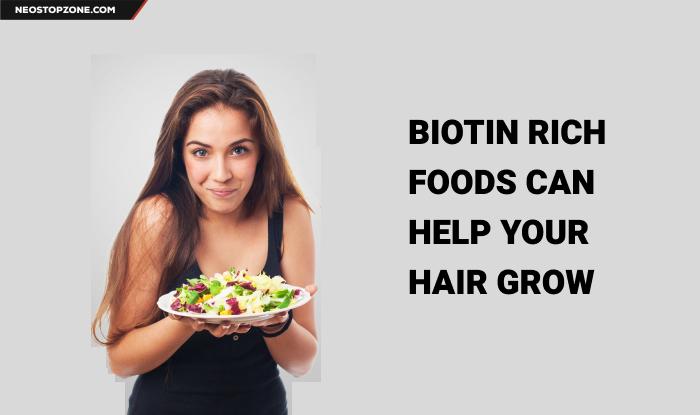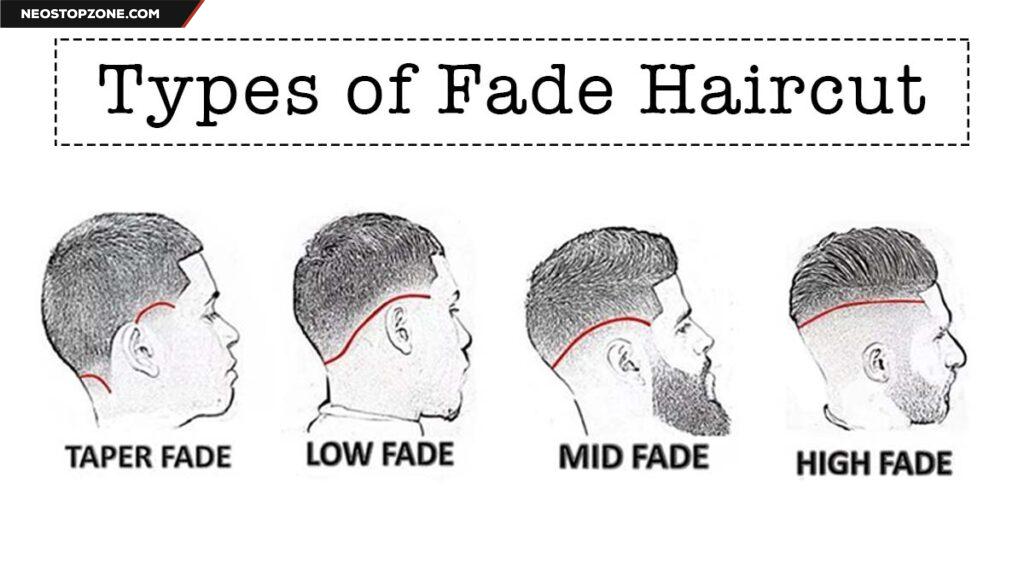Biotin Rich Foods Can Help Your Hair Grow
Biotin refers to vitamin B7, which is very beneficial for hair growth.
Are you facing the problem of hair thinning or hair growth?
According to nutritionist Nicky Sagar, the National Institutes of Health recommends a biotin dosage of 20 to 30 micrograms (mcg) per day for teens and adults to prevent biotin deficiency.
There are many foods that are great sources of biotin. By including these foods in your diet, you can ensure better hair growth.
Take a look at the list of foods recommended by nutritionists:
Here mcg refers to micrograms and DV stands for Daily Value (% in terms of 30 mcg):
1. Whole Cooked Egg (100 grams) 20 mcg [DV 66.66% of]
2. Chicken (need only 75 grams per day) = 31 mcg [103.33% DV]
3. Roasted peanuts (100 grams) = 17.24 mcg [57.47% DV]
4. Whole soybeans (100 grams) = 19.3 mcg [64.33% of DV]
5. Sunflower seeds (100 grams) = 13 mcg [43.33% DV]
6. Fresh mushrooms (100 grams) = 8 mcg [26.67% DV]
Nutritionist Nikki Sagar often Provides fit and healthy food tips for living. With regards to hair care, here is another piece of advice from her. She wrote in a post, “Research has shown that people who do not eat meat are more prone to zinc deficiency, which in turn can lead to hair loss.”


